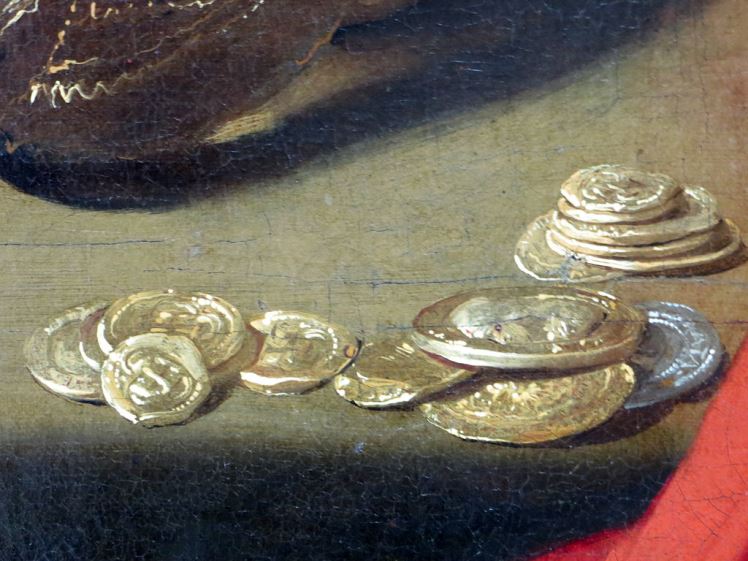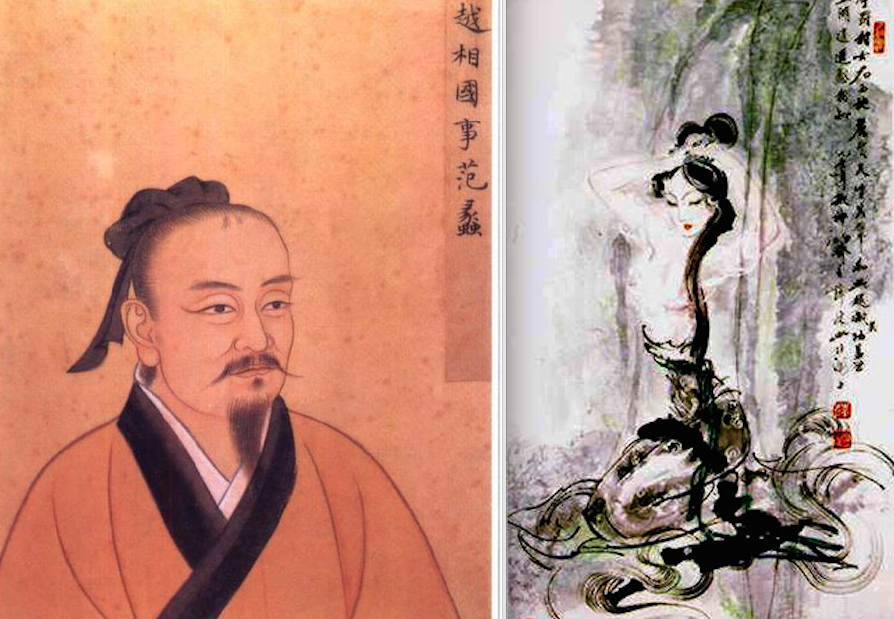 Gather round, my children and allow me to regale you with the wonderful tale of the adventures of Fan Li and Xi Shi – military strategist, femme fatale, and all-around badasses.
Gather round, my children and allow me to regale you with the wonderful tale of the adventures of Fan Li and Xi Shi – military strategist, femme fatale, and all-around badasses.
Fan Li was born in a town called Yuan Sanhu sometime in the late 6th Century BCE in a kingdom called Yue, near the modern city of Wuxi (a few hours drive from Shanghai). Born to a poor family, he befriended a man who recognized his talent and wisdom and brought him to the capital to become an advisor to the king, Goujian. King Goujian was clever as near as we can tell a good king but he was a little too ambitious for his own good.
Despite Fan Li’s warnings, not long later he attacked a nearby kingdom called Wu. Wu proceeded to slap Yue’s army like a window slaps an errant bird and take its king and counselors as hostages. Records are thin during this period but it’s safe to assume that Goujian and his subjects were not treated well. Some tales tell of harsh torture at the hands of Wu jailors. After three long years in captivity, Fan Li and his king were eventually released to go home and lick their wounds. But that’s not what what they did. Team Yue started hatching a plan to get their revenge – something more clever and subtle than a simple assault on the Wu army. No, they had a plan that required a more feminine touch.
So Fan Li found Shi Yiguang, otherwise known as Xi Shi – the daughter of a tea trader. And a woman who would later be called one of the four great beauties of Chinese history.
Continue reading →
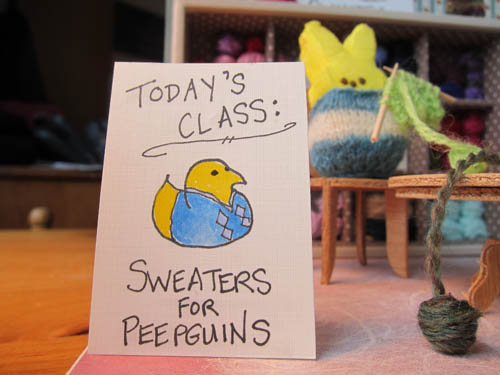


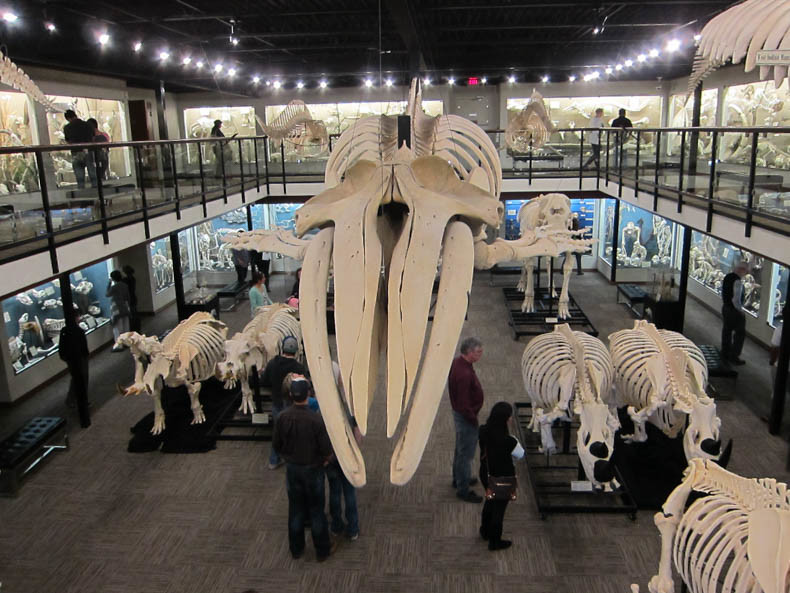
 The other day I was just starting to work when I heard a strange cooing in the other room. It sounded like a baby. But I swore I’d just dropped the actual baby off at a friend’s house.
The other day I was just starting to work when I heard a strange cooing in the other room. It sounded like a baby. But I swore I’d just dropped the actual baby off at a friend’s house.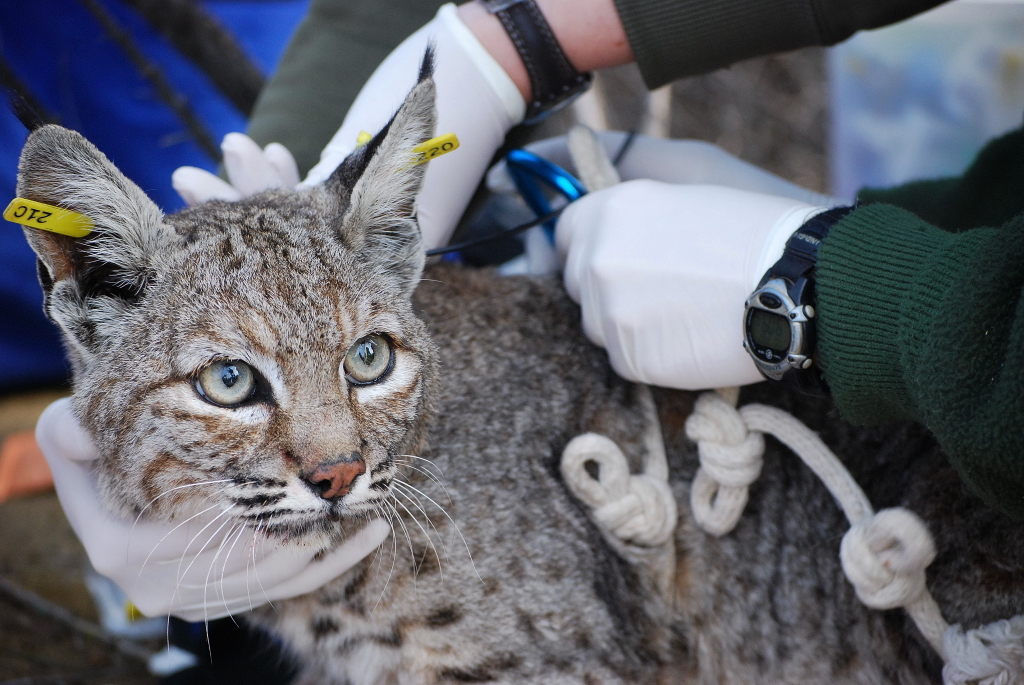
 Stop me if you’ve heard this one. A trolley carrying five school children is headed for a cliff. You happen to be standing at the switch, and you could save their lives by diverting the trolley to another track. But there he is – an innocent fat man, picking daisies on that second track, oblivious to the rolling thunder (potentially) hurtling his way. Divert the trolley, and you save the kids and kill a person. Do nothing, and you have killed no one but five children are dead. Which is the greater moral good?
Stop me if you’ve heard this one. A trolley carrying five school children is headed for a cliff. You happen to be standing at the switch, and you could save their lives by diverting the trolley to another track. But there he is – an innocent fat man, picking daisies on that second track, oblivious to the rolling thunder (potentially) hurtling his way. Divert the trolley, and you save the kids and kill a person. Do nothing, and you have killed no one but five children are dead. Which is the greater moral good?